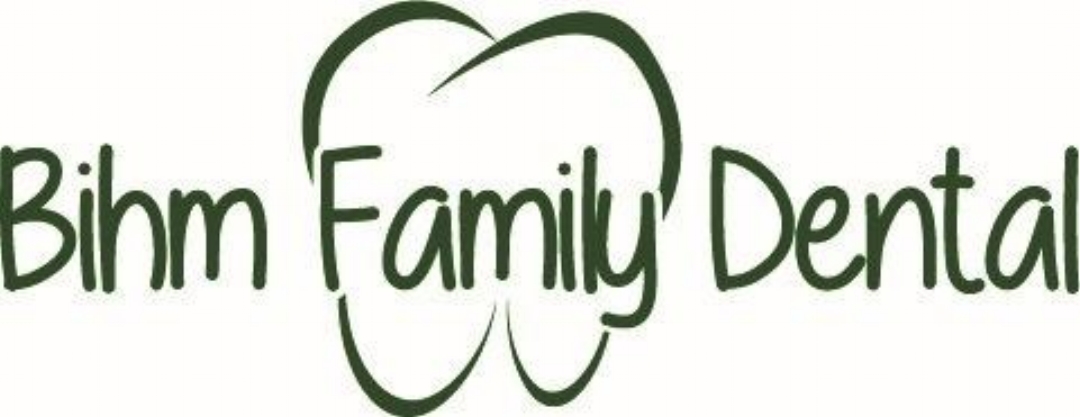Over the last decade, there has been a rise in patients inquiring for a more natural or holistic approach to medical and dental treatment. Even though one cannot replace the need for evidence-based dental practice guidelines for treatment, there are some at-home remedies that can be used as an SUPPLEMENT to help you achieve what you are looking for on your dental journey. A few of these remedies involve the simple use of some common essential oils that can be found, quite easily, through your local essential oils distributer or store.
Dr. Sarah has a few recommendations of common oils that can be used in conjunction with your regular dental care:
Tea Tree Oil
Tea tree oil is known for its antiseptic properties. If applied to a cold sore, it can help to dry out the area and prevent bacterial reinfection. The oil needs to be added to a carrier oil before application, such as coconut oil, and can be dabbed onto the affected area with a cotton swab. If you find that you are constantly battling cold sores, try taking a lysine amino acid supplement. It can help with the frequency of cold sores and it can also prevent you from getting one in the first place. Many people who have chronic cold sores are lysine deficient and do not even know it!
Oregano Oil
Oregano oil is an antioxidant and can reduce swelling. Apply a few drops of pure oregano oil to a cotton swab and hold on the infected area for 2-3 minutes. This can help to decrease the pressure around an infected tooth or gum area until you can get proper definitive treatment at your dentist office. Again, this DOES NOT get rid of a dental infection, but it can relieve some of the pain you may be experiencing until you can fix the problem in its entirety.
Peppermint Oil
Peppermint oil has so many amazing properties! It is antibacterial and can actually help to destroy the biofilm that surrounds most bacteria and fungi. It is a great adjunct to help with mild gingivitis and halitosis (bad breath). This also needs to be added to a carrier like coconut oil if used in the mouth.
Cinnamon Oil
Cinnamon oil inhibits the growth of gram-positive and gram-negative bacteria, as well as fungi. It can help to eliminate a condition known as oral candidiasis, which most commonly occurs in denture and partial wearers. Wearing a removable appliance for too long or throughout the night can create a perfect environment for fungal infections, and these do not go away just by not wearing the denture for a few days. The gum tissue and the appliance itself need to both be treated to remove the infection for good. Mild fungal candidiasis infections have been successfully treated with a combination or lemon oil and cinnamon oil. Add the oils to a coconut oil carrier for the mouth, and to a water solution for the removable appliance, and allow the appliance to soak in the water solution overnight. For hard to treat or long standing candida infections or oral thrush, a nystatin prescription from your dentist may still be needed.
Clove Oil
Clove oil has an ingredient called eugenol that is added to many dry socket paste products that your dentist may use if you are experiencing alveolar osteitis (a dry socket infection) following dental extraction. This oil is being added to the list because it is used in dentistry, but should NOT be used at home unsupervised in the mouth. If applied to an area in the oral cavity for too long, and if it is not placed in the proper carrier concentration, it can cause irreversible damage to the tooth pulp of the surrounding teeth. Dentists are trained to place the eugenol paste directly where it needs to go and only for a certain amount of time, so that the surrounding tissues and teeth are not harmed. Again, THIS IS AN ANNOUNCEMENT TO NOT DO THIS ON YOUR OWN, AND TO LET YOUR DENTIST HELP YOU! I have seen a handful of patients try this at home on their own, and they actually permanently damaged the teeth that they were trying to save, leading to unnecessary root canals or further tooth extractions!
There may be many other essential oils that can be used for oral conditions not listed here, but these (except clove oil, read above) can be used safely (if used correctly, do your homework) at home. Dr. Sarah mentions these specific oils to patients in her own practice.
Stay tuned for more posts by Dr. Sarah in the near future, as she continues her journey to help her patients in a more “natural” way!

